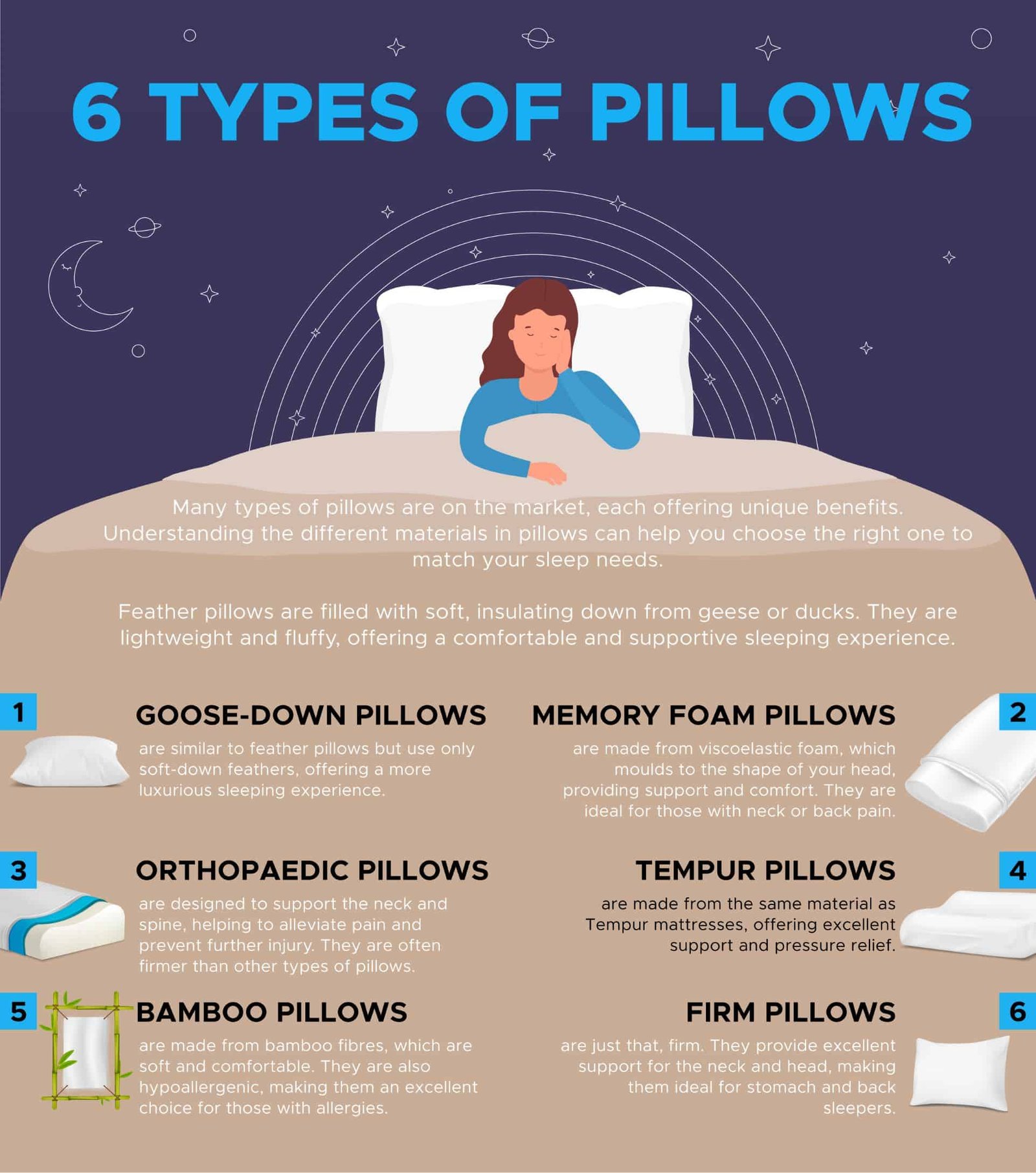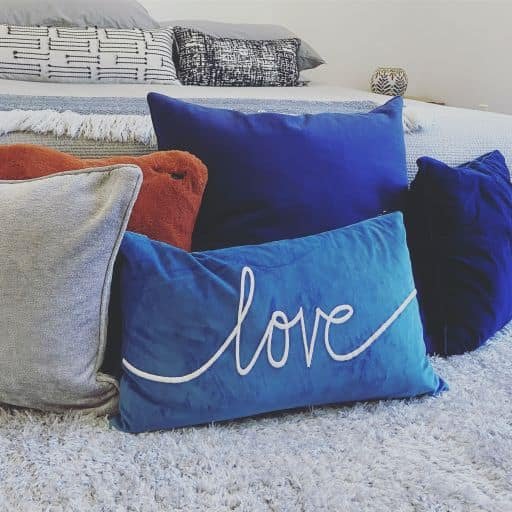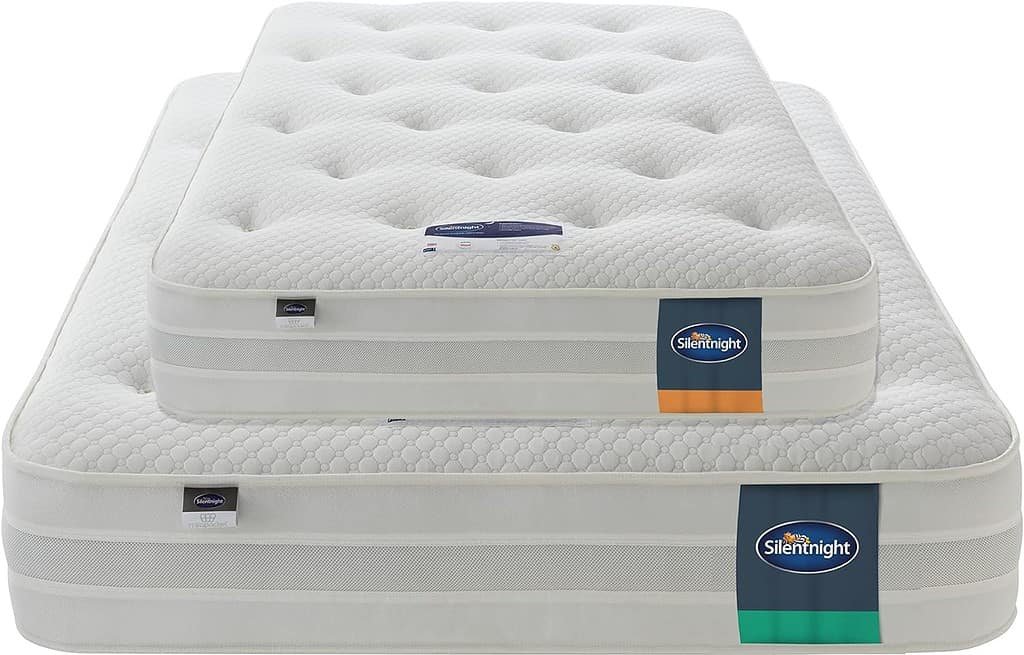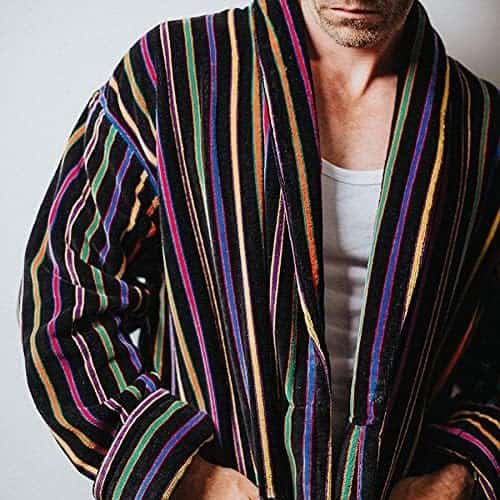Are Pillows Recyclable?
A good night’s sleep is essential for our health and well-being, and pillows play a crucial role. They provide the necessary support for our neck and head, allowing us to sleep comfortably throughout the night. As we change our pillows every few years, it’s essential to consider their environmental impact. This article will explore the different types of pillows available and whether they are recyclable.
6 Types of Pillows
Many types of pillows are on the market, each offering unique benefits. Understanding the different materials in pillows can help you choose the right one to match your sleep needs.
Feather pillows are filled with soft, insulating down from geese or ducks. They are lightweight and fluffy, offering a comfortable and supportive sleeping experience.
- Goose-down pillows are similar to feather pillows but use only soft-down feathers, offering a more luxurious sleeping experience.
- Memory foam pillows are made from viscoelastic foam, which moulds to the shape of your head, providing support and comfort. They are ideal for those with neck or back pain.
- Orthopaedic pillows are designed to support the neck and spine, helping to alleviate pain and prevent further injury. They are often firmer than other types of pillows.
- Tempur pillows are made from the same material as Tempur mattresses, offering excellent support and pressure relief.
- Bamboo pillows are made from bamboo fibres, which are soft and comfortable. They are also hypoallergenic, making them an excellent choice for those with allergies.
- Firm pillows are just that, firm. They provide excellent support for the neck and head, making them ideal for stomach and back sleepers.

Pillow Recycling
As we replace our pillows every few years, it’s essential to consider their environmental impact. Pillows are made from various materials, including synthetic fibres, feathers, and foam, making them challenging to recycle. However, with the rise of sustainable living, recycling or disposing of old pillows is available.
Recycling pillows helps to reduce waste and conserve natural resources. When pillows are sent to landfills, they take up valuable space, release harmful chemicals into the environment, and can take many years to break down. You can start by checking with local recycling centres to recycle your pillows. Some may accept pillows for recycling; if not, other options exist, such as donating them to animal shelters, using them as padding for garden beds, or repurposing the filling for other uses.
Mattresses and Pillows: A Perfect Match
A good night’s sleep requires more than just a comfortable mattress; it also requires the right pillow. The pillow supports your neck and head, allowing you to sleep comfortably throughout the night.
When choosing a pillow, it’s essential to consider your sleeping position, as this can impact the type of pillow you need. For example, side sleepers may require a more plush pillow to provide additional support, while stomach sleepers may prefer a firmer pillow.
Mattress Research offers information on the best mattresses, beds, pillows, and all your bedroom accessories to help you get the best night’s sleep. Our team is dedicated to helping you find the right pillow to match your mattress, ensuring you have the perfect sleep system for your needs. In conclusion, pillows are crucial to our sleep and overall health. Whether you prefer feather, goose down, memory foam, orthopaedic, temper, bamboo, or firm pillows, choosing the one that provides the proper support and comfort is essential.
Remember, a good pillow can make a massive difference in the quality of your sleep, which can significantly impact your overall well-being. So, invest in a pillow that works for you, and don’t hesitate to replace it every 1-2 years to ensure you’re getting the best possible sleep. And when you’re ready to replace your pillow, consider recycling it to help reduce waste and protect the environment.



